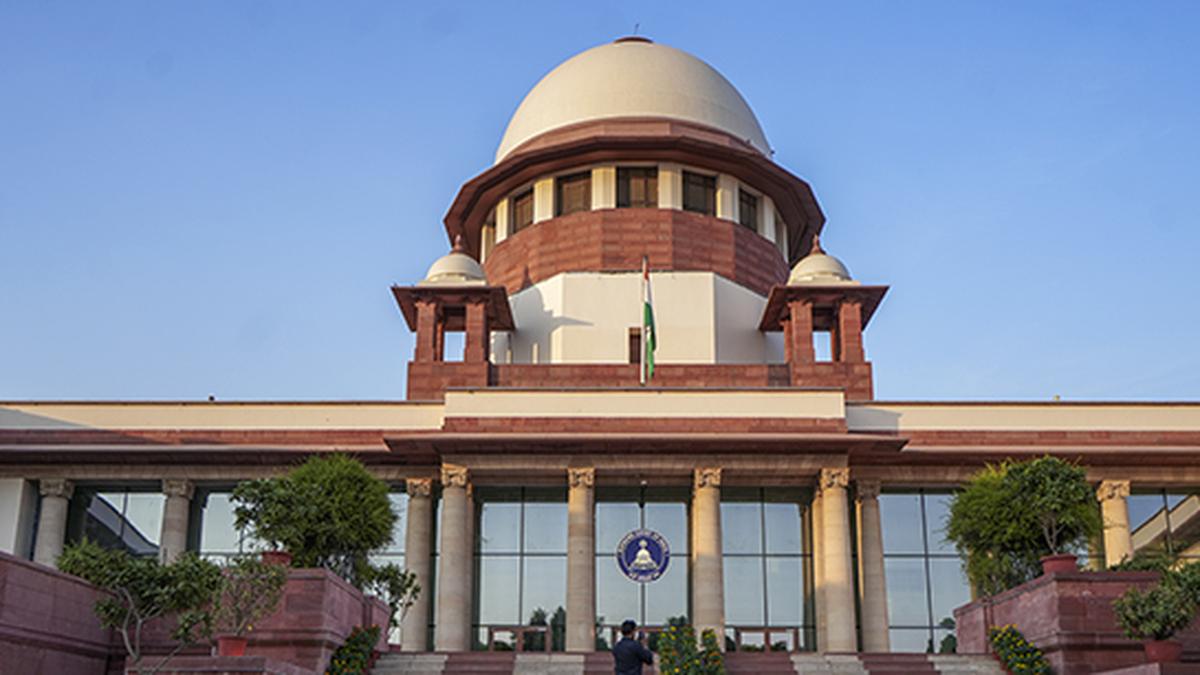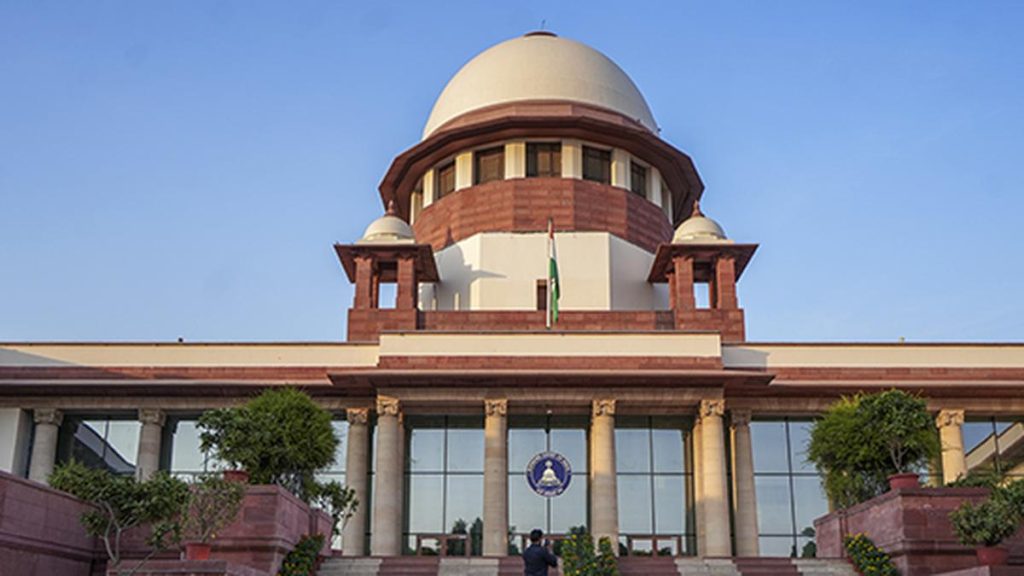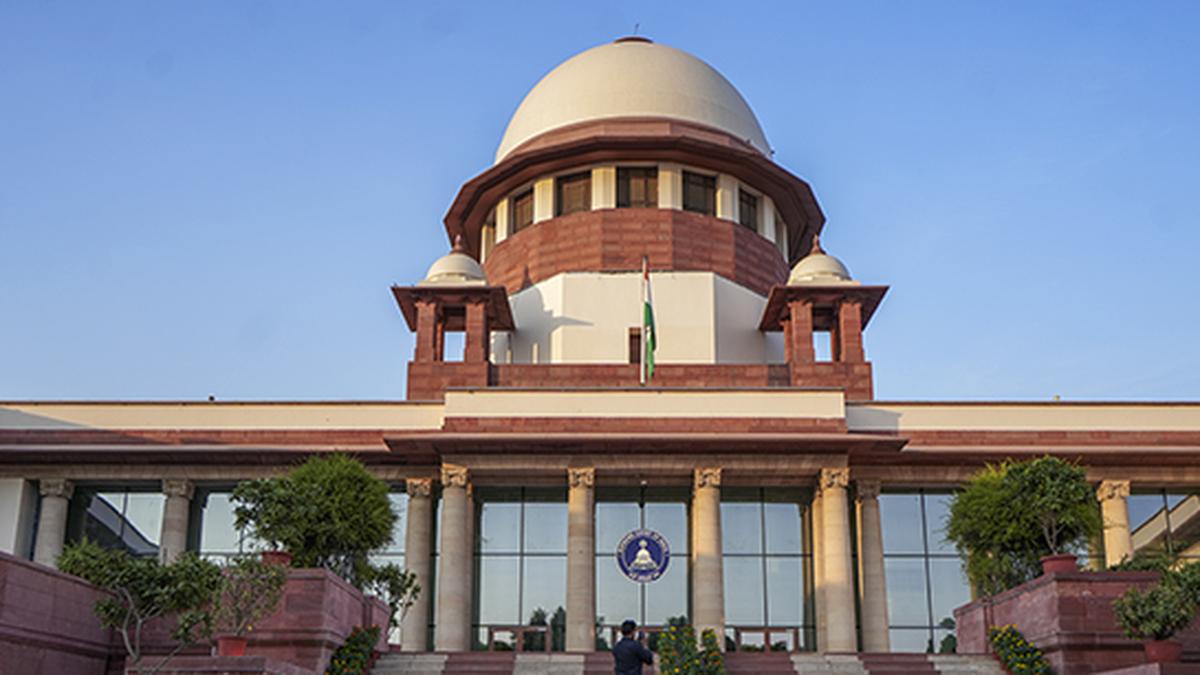Now Reading: Supreme Court to Deliver Verdict on Waqf (Amendment) Act Stay
-
01
Supreme Court to Deliver Verdict on Waqf (Amendment) Act Stay
Supreme Court to Deliver Verdict on Waqf (Amendment) Act Stay

Quick Summary
- The Supreme Court is set to deliver its judgment on Monday, September 15, 2025, regarding a plea seeking a stay on the implementation of the Waqf (Amendment) Act, 2025.
- Over 100 petitioners challenge the Act as a “creeping acquisition” of Muslim properties, while the government defends it as necessary to counter “rampant encroachments” on public and private properties.
- Key provisions involve powers over denotifying certain types of waqf-declared properties-by courts, user designation, or deed.
- Arguments were presented in May by advocates representing challengers and Solicitor General Tushar Mehta defending the Center. Chief Justice B.R. Gavai led a focused three-day hearing before reserving judgment.
- Mandatory registration of waqfs reportedly dates back to 1923; emphasis was placed on why many waqfs have not registered despite long-standing requirements.
Indian Opinion Analysis
The upcoming verdict holds potential significance for property rights and governance in India. The Waqf (Amendment) act has raised tensions between those viewing it as government overreach into minority community assets and proponents emphasizing regulatory necessities due to encroachment concerns.Whatever direction the ruling takes will likely influence how religious property is treated under Indian law while also setting precedents for balancing constitutional protections with administrative measures aimed at fair land use. Clarity from this decision could address ambiguities surrounding ancient registration practices as they were highlighted during the hearings.
Read more: Supreme Court to pronounce verdict on stay of Waqf Amendment Act


























